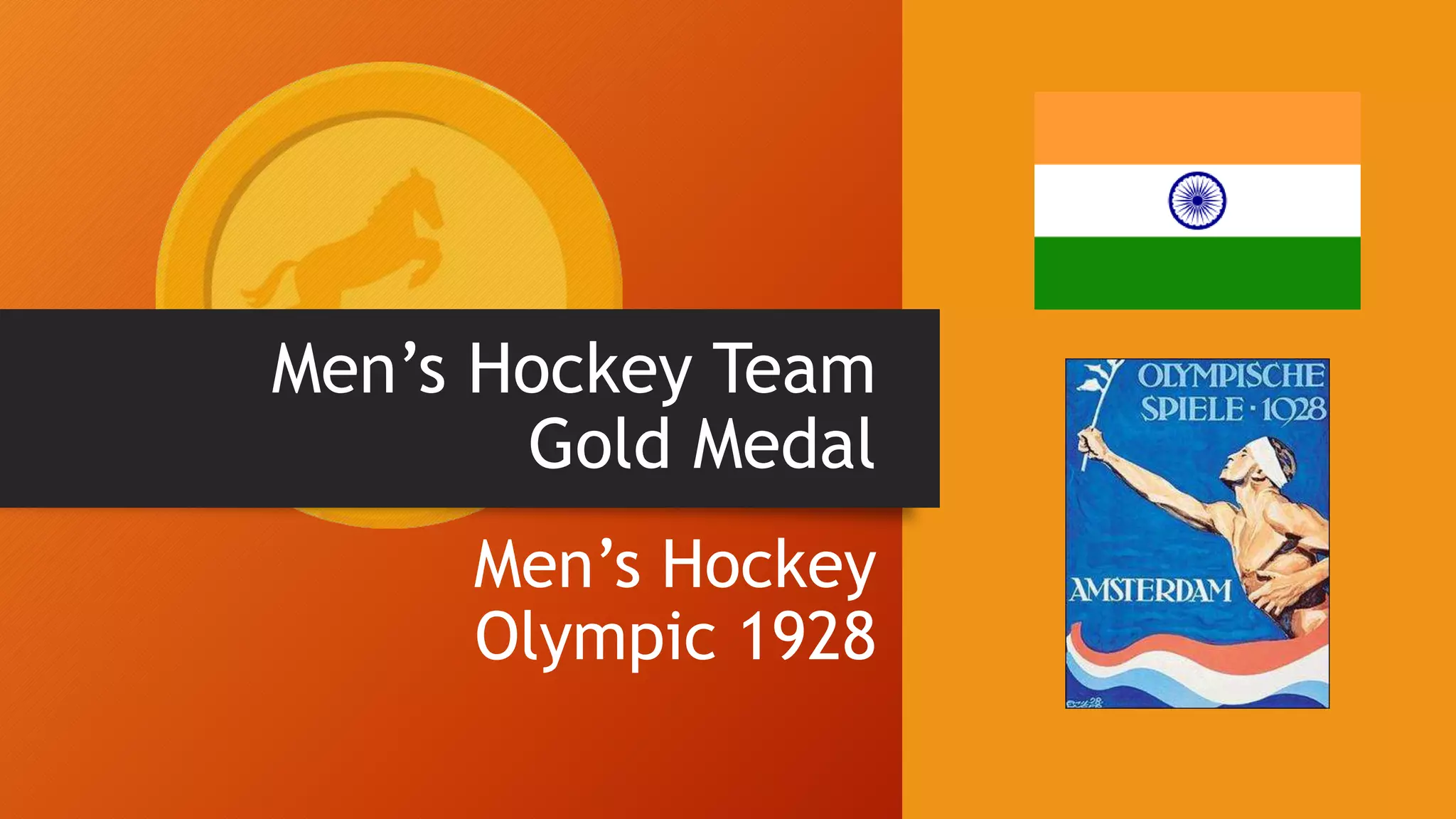The stories of athletes with Native American roots who have stood on the Olympic podium are, in a way, truly inspiring. These individuals, born and raised within their distinct communities, carried a spirit of belonging and a deep connection to their heritage onto the global sports stage. Their accomplishments do more than just mark personal victories; they stand as powerful symbols of perseverance and remarkable skill.
For generations, people from various Native American nations have shown a natural talent for physical challenges and competition. This ability, you know, seems to be a part of who they are, something that comes from their very beginnings in a certain place. When they step forward to compete, they bring with them not just their own training, but also, in some respects, the long history and strength of their people.
This piece will look at some of the amazing contributions these competitors have made to the Olympic Games. We will talk about what it means to be a Native American Olympic medal winner, the impact they have had, and, you know, some of the obstacles they faced along the way. It is a chance to think about the people who left a lasting mark on the world of sports, showing what can be done.
Table of Contents
- A Champion's Story - Jim Thorpe
- Personal Information - Jim Thorpe
- What Makes an Athlete a Native American Olympic Medal Winner?
- The Spirit of Native American Olympic Medal Winners
- How Have Native American Olympic Medal Winners Shaped Sports?
- Beyond the Podium - Native American Olympic Medal Winners
- Where Can We See the Influence of Native American Olympic Medal Winners Today?
- What Challenges Did Native American Olympic Medal Winners Face?
A Champion's Story - Jim Thorpe
When we talk about Native American Olympic medal winners, the name Jim Thorpe very often comes to mind first. He was a person of Sac and Fox Nation heritage, and his athletic skills were, quite simply, out of the ordinary. Born in Indian Territory, which is now Oklahoma, he showed a natural gift for many different sports from a young age. His abilities were not just learned; they seemed to be, you know, a part of his very being, something he was born with, a quality that was truly his own. He grew up in a place that shaped him, and that connection to his home was always a part of his story.
Jim Thorpe's time at the 1912 Stockholm Olympics is, basically, the stuff of legend. He took part in both the pentathlon and the decathlon, events that ask for a wide range of athletic skills. To win in these competitions, a person needs to be good at running, jumping, throwing, and, you know, just about everything. He won gold medals in both, a feat that, honestly, amazed everyone watching. His wins were a big moment, not just for him but for all people who saw what he could do. He stood as a symbol of athletic greatness, showing what a person can achieve with raw talent and hard work.
His story, though, had some very sad turns after his Olympic wins. His medals were taken away due to rules about amateur status, which, you know, felt very unfair to many. He had played professional baseball for a short time before the Olympics, which was against the rules back then for Olympic athletes. This decision caused a lot of discussion and, in a way, cast a shadow over his amazing achievements for many years. It took a very long time, but his medals were given back to his family many years after he passed away, a move that, for many, set things right.
- Victoria Secret Bodysuit Long Sleeve
- Sesame Street Kermit And Grover
- How To Use A Barrel Swivel
- Jake Paul Kissing
- Ted Everett Auction
Personal Information - Jim Thorpe
Here is some basic information about Jim Thorpe, the famous Native American Olympic medal winner, to give you a clearer picture of his life and where he came from. This information helps us to understand the person behind the amazing athletic feats. It shows his roots and the time period he lived in, which, you know, shaped his experiences.
| Full Name | James Francis Thorpe |
| Birth Date | May 28, 1887 |
| Place of Birth | Indian Territory (near Prague, Oklahoma), United States |
| Nation/Tribe | Sac and Fox Nation (Thunder Clan and of Potawatomi descent) |
| Olympic Games | 1912 Stockholm Olympics |
| Olympic Medals | Two Gold Medals (Pentathlon, Decathlon) - later restored |
| Other Sports | Professional Football, Professional Baseball, Basketball |
| Death Date | March 28, 1953 |
What Makes an Athlete a Native American Olympic Medal Winner?
When we talk about someone being a Native American Olympic medal winner, it really means they have roots in an Indigenous community within the Americas and have also earned a medal at the Olympic Games. The idea of "native" here, as we think about it, means being born in a particular place or having a family history that comes from that area. It points to a deep connection to a specific region or a group of people who have lived there for a very long time. So, it is about both their personal achievement and their heritage.
It's not just about where someone was born, though that is a big part of it. It is also about the deep ties to a way of life, to stories, and to knowledge passed down through generations. An athlete from a Native American nation often carries with them the strength and spirit of their people. This connection, you know, can be a source of great personal drive and a reason to perform at their very best. It's about representing more than just themselves on the world stage; they represent their community, their history, and their unique place in the world.
These athletes, in a way, show the world the enduring spirit and skills that have always been present in Native American cultures. Their wins are not just personal; they become a source of pride for their entire community, showing what can be done against, you know, sometimes very tough odds. The medals they bring home are symbols of their individual talent, but also of the strength and resilience of their people, a very important part of their identity.
The Spirit of Native American Olympic Medal Winners
The spirit that Native American Olympic medal winners bring to their sport is, you know, often talked about as something special. It is a mix of natural talent, a strong will to keep going, and a deep respect for the physical challenges they face. Many Native American cultures have long traditions of physical competition, running, and games that require great strength and agility. These traditions, basically, teach a person to be tough, to be smart, and to push past what feels comfortable.
This background, you know, can give athletes a particular kind of mental toughness. They learn to face difficulties head-on and to find strength within themselves, even when things get really hard. The idea of competing for their community, for their family, and for those who came before them, can be a powerful motivator. It adds a layer of meaning to their efforts that goes beyond just winning a medal for themselves. They are, in a way, carrying on a long tradition of excellence and showing what their people are capable of doing.
Their performances, therefore, often show a blend of individual skill and a collective sense of purpose. It is a testament to the idea that where you come from, and the traditions you grew up with, can really shape who you become as a person and as an athlete. The way they carry themselves, with a certain quiet strength and focus, is, you know, often seen as a reflection of their cultural background, something truly unique to them.
How Have Native American Olympic Medal Winners Shaped Sports?
Native American Olympic medal winners have, in a way, left a very real mark on the world of sports. Their achievements have, first of all, shown everyone the amazing athletic potential that exists within Native American communities. Before, many people might not have known about this talent, but these athletes brought it right into the spotlight. They broke down ideas about who could be a top athlete and, you know, proved that skill knows no bounds based on background.
Their success has also, in some respects, served as a powerful source of inspiration for younger generations within their own communities. When young people see someone who looks like them, someone from a similar background, standing on an Olympic podium, it sends a very clear message: "You can do this too." This kind of role model is, honestly, incredibly important for encouraging participation in sports and for building self-belief. It shows that dreams can come true, even when the path seems difficult.
Beyond inspiring individuals, these athletes have also helped to change how the broader public sees Native American people. They have shown strength, grace, and dedication, challenging old, unfair ideas. Their presence at the Olympics, representing their nation and their heritage, has helped to bring about a greater appreciation for the diverse cultures and contributions of Native Americans. It is, basically, a way of showing the world the true spirit and abilities of these communities.
Beyond the Podium - Native American Olympic Medal Winners
The impact of Native American Olympic medal winners stretches far beyond the moment they receive a medal or the cheers from the crowd. Their influence, in a way, continues long after the games are over. Many of these athletes have gone on to become important figures in their communities, working to support young people and promote healthy living. They use their fame not just for themselves, but to help others find their own path to success and well-being.
For example, some have become coaches, sharing their knowledge and experience with the next generation of athletes. Others have worked to create programs that bring sports opportunities to Native American youth, making sure that kids have the chance to train and compete, just like they did. This kind of work is, you know, very important for building strong communities and for keeping the spirit of sport alive in places where resources might be limited. It is about giving back and making a lasting difference.
Their stories also serve as a constant reminder of the strength of the human spirit and the importance of holding onto one's roots. They show that you can achieve great things while still honoring where you come from. This message, honestly, resonates with many people, not just those from Native American backgrounds. It is a universal truth about finding strength in your identity and using your gifts to make a positive mark on the world, something truly meaningful.
Where Can We See the Influence of Native American Olympic Medal Winners Today?
The influence of Native American Olympic medal winners is, you know, still very much present in sports and in society today. We can see it in the growing number of Native American athletes who are making their way into college sports and, basically, even professional leagues. Their past achievements paved the way, showing that talent from these communities can shine at the highest levels. This ongoing presence is a direct result of the groundwork laid by earlier champions, inspiring others to follow.
You can also find their influence in the way many sports organizations and groups are now working to recognize and celebrate Native American contributions to athletics. There is, for example, more effort to tell their stories, to acknowledge their history, and to make sure their achievements are not forgotten. This includes efforts to correct past wrongs, like the restoration of Jim Thorpe's medals, which, in a way, shows a greater respect for their place in history. It is about making sure their legacy is properly honored.
Furthermore, the spirit of competition and resilience that these athletes embody continues to inspire people far beyond the world of sports. Their stories are told in schools, in books, and in documentaries, teaching lessons about determination, overcoming hardship, and the power of cultural identity. This means their impact is not just on sports, but on how we think about history, courage, and, you know, what it means to be truly great, a very wide reach.
What Challenges Did Native American Olympic Medal Winners Face?
The path to becoming a Native American Olympic medal winner was, for many, full of very big challenges. One of the main difficulties was, basically, the lack of resources and opportunities. Many Native American communities, for a long time, did not have the same access to good training facilities, coaches, or competitive sports programs that others did. This meant that athletes often had to work much harder just to get to a starting point, which, you know, was very unfair.
Another challenge was dealing with prejudice and unfair treatment. Jim Thorpe's story is a clear example of this, with his medals being taken away based on rules that seemed to be applied differently to him. Other athletes, too, faced situations where they might have been judged not just on their skills, but on their background. This kind of bias could make it very hard to get the recognition they deserved or to be treated with the same respect as other athletes, a very tough situation.
Finally, many of these athletes also had to balance their athletic dreams with the strong pull of their cultural identity and community responsibilities. They were often representing not just a country, but a whole nation or tribe, and this brought a unique kind of pressure and pride. They had to navigate a world that was, in some respects, not always welcoming or understanding of their heritage, while still aiming for the highest levels of athletic success, a truly remarkable balancing act.
- Jimmy Fallon Dont Stop Believin
- Michelle Draper
- Is Diddy In Jail
- Texas Pete
- Whens The Eagles Parade 2025


